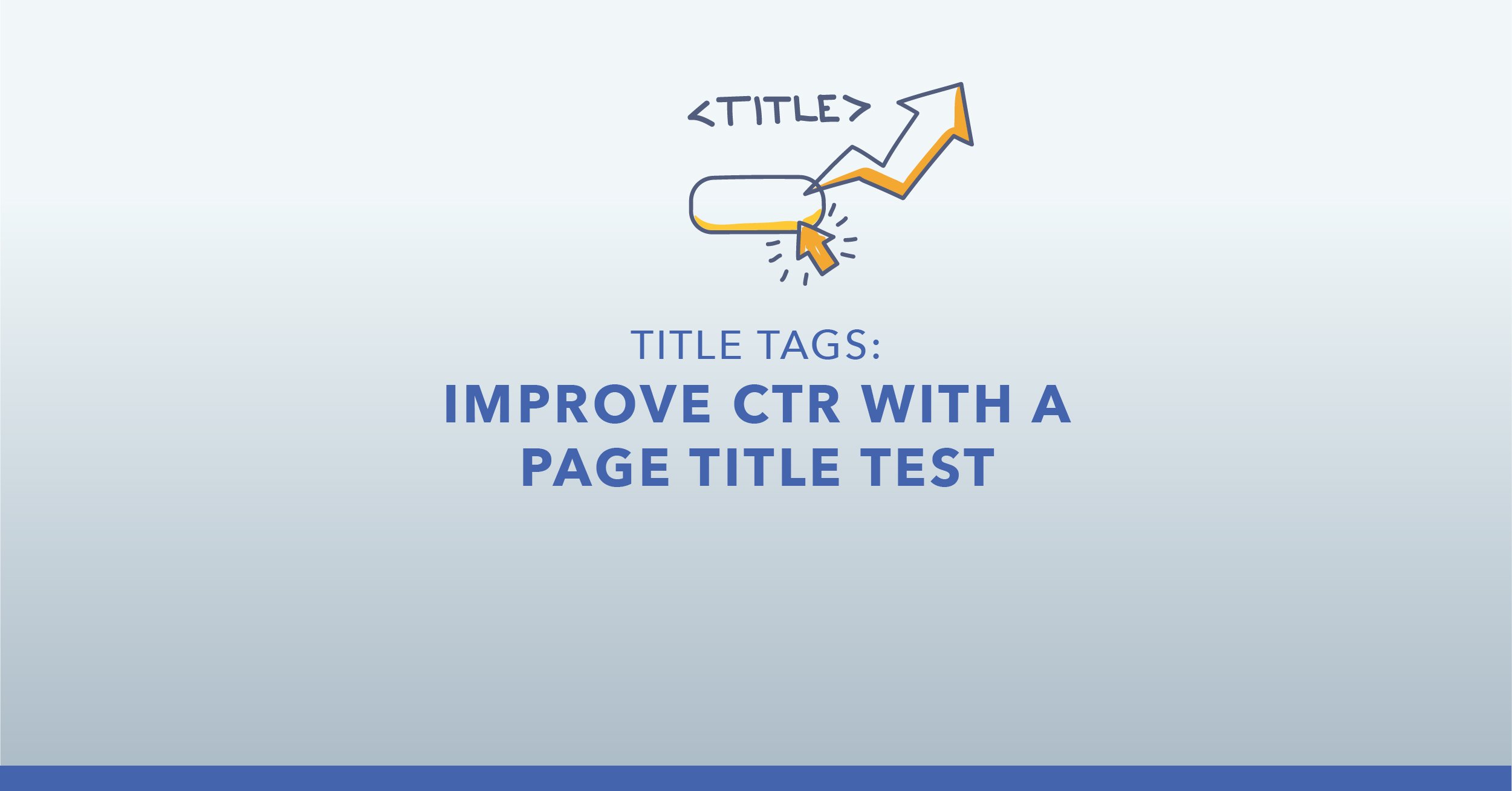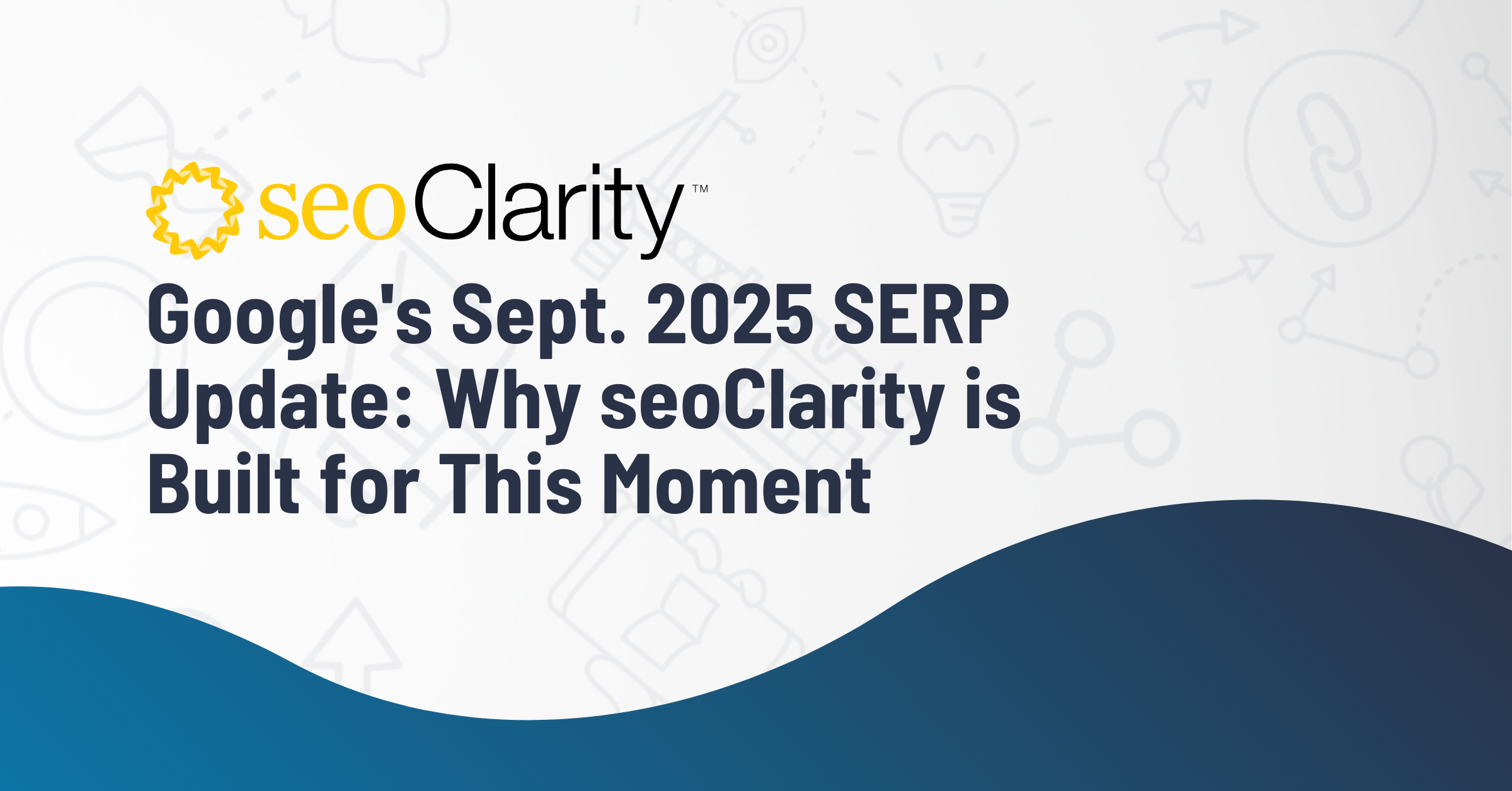Over the past decade, search marketers have chased one shiny "breakthrough" after another, each promising to redefine SEO as we know it.
But most were just short-lived distractions that stole attention, budget, and energy from the real work of sustainable growth.
Remember these?
- Google+ – Touted as a social-search revolution, shut down in 2019.
- Meta Keyword Tags – Once a must-have, ignored by Google for years now.
- Author Rank – Hyped after Google Authorship launched, but never became the ranking factor people expected.
- AMP (Accelerated Mobile Pages) – Mandatory for Top Stories… until Google removed the requirement in 2021.
- Disavow Tool Obsessions – Post-Penguin panic had everyone scrubbing backlinks; now Google handles most spam links automatically.
- Voice Search Optimization – Predicted to take over by 2020; it didn’t.
They were shiny. They were urgent. And then they were gone.
Today, AI-powered search is the latest disruption—and this one isn’t going away. It’s not just a trend; it’s a fundamental shift.
But here’s what hasn’t changed: the importance of user-relevant authority (URA). No matter what reshapes the SERP, the path to sustainable growth still runs through trusted, useful, well-optimized content.
In this blog, we’ll unpack how to navigate the noise, adapt to AI-era search, and focus on what truly drives performance and lasting visibility.
How to Survive Every Algorithm Shift: The URA Framework
The sites that weather every Google update, keep growing their traffic, and steadily outpace competitors share one thing in common — they’ve focused on URA:

U – Usability
Technical site health is the foundation.
That means:
- Fast load times
- Mobile responsiveness
- Clean architecture
- Indexable pages
- A frictionless user experience
If people and search engines can’t easily use your site, nothing else matters.
R – Relevance
Create rich, authoritative, and unique content that aligns directly with what your audience is searching for. This isn’t about chasing keywords, it’s about answering questions, solving problems, and speaking your customers’ language.
A – Authority
Authority grows when your site is the trusted source in your niche.
You build it by:
- Consistently publishing valuable content
- Earning high-quality backlinks
- Demonstrating expertise around your products or services
The more you’re recognized as the go-to resource, the more search engines will reward you.
Why URA Outlasts Every SEO Fad
- Google+ is gone, but Usability still determines whether visitors stay or bounce.
- Meta Keyword Tags are dead, but Relevance still drives clicks and conversions.
- Author Rank never happened, but Authority is core to how Google ranks.
- AMP lost its advantage, but fast, usable pages are still a ranking and UX win.
- Voice search didn’t take over, but people still look for relevant, trustworthy content every day.
|
SEO Fad |
Why It Faded |
URA Equivalent |
Why It Lasts |
|
Google+ |
Platform shut down; no sustained search impact. |
Usability |
A technically sound, user-friendly site is always valuable to search engines and visitors. |
|
Meta Keyword Tags |
Ignored by Google for over a decade. |
Relevance |
Rich, unique content aligned to searcher intent never goes out of style. |
|
Author Rank |
Never implemented as imagined; feature removed. |
Authority |
True expertise and trust signals still influence rankings today. |
|
AMP |
Exclusive benefits removed; not required for Top Stories. |
Usability |
Fast-loading, mobile-friendly pages are rewarded in every search environment. |
|
Disavow Tool Obsession |
Google now ignores most spam links automatically. |
Authority |
Earning genuine, high-quality backlinks remains a core ranking driver. |
|
Voice Search Optimization |
Adoption plateaued; no unique ranking factors emerged. |
Relevance |
Answering real user questions works for text, voice, and AI-driven queries. |
The Bottom Line
AI search isn’t a passing fad, it’s already reshaping how people find information. Our estimates show that roughly 1 in 10 searches now happen on platforms like ChatGPT, signaling that this shift is real, and it's accelerating.
But here’s the good news: while search engines may evolve — from Google to OpenAI, Perplexity, and beyond — the principle stays the same. Optimize for the user, not the search engine.
The real winners aren’t chasing every algorithm update or flashy new feature. They’re the ones who invest in what never goes out of style: Usability, Relevance, and Authority.
AI Search may be the next major evolution of SEO, but it won’t be the death of it. Because whether a result is typed, spoken, or generated by AI, content that’s genuinely useful, relevant, and trustworthy is far more likely to be surfaced, cited, and shared.
When you stay anchored in fundamentals, you’re not just ready for what’s next, you’re built for it.







Comments
Currently, there are no comments. Be the first to post one!